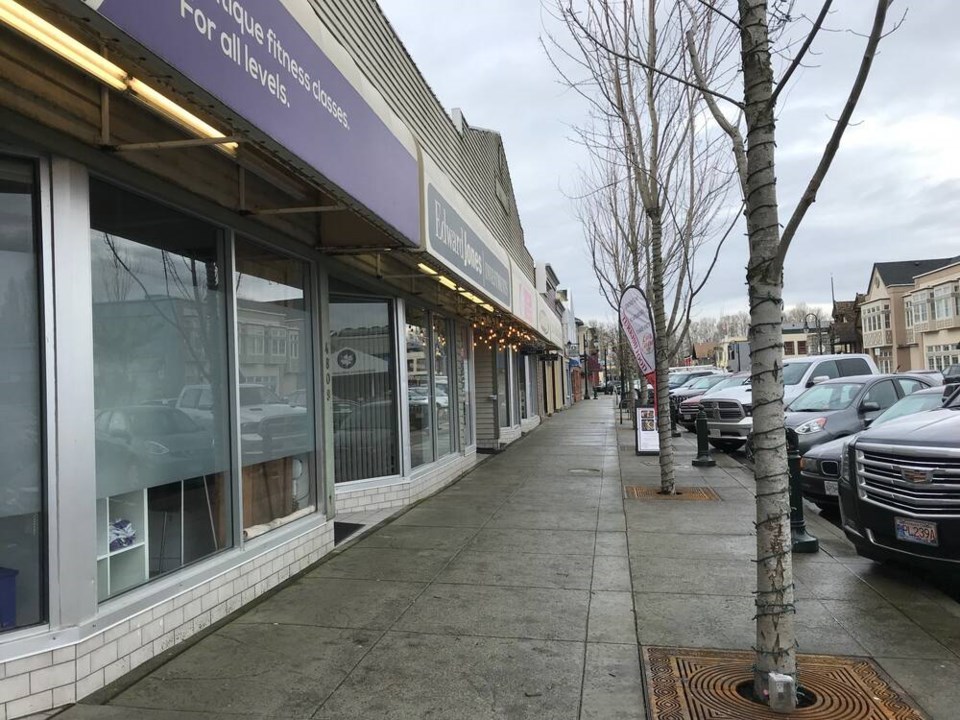The City of Delta fared well when it comes to the fairness for businesses in the municipal property tax distribution.
That’s according to the findings in the Canadian Federation of Independent Business’ (CFIB) BC 2024 Property Tax Report, released last week, which concluded B.C. businesses continue to pay a disproportionate amount of property taxes, despite improvements in recent years.
“Small businesses are struggling to make ends meet and can’t keep up with skyrocketing property tax increases. BC businesses are already contributing more than their fair share, and this expectation is unsustainable,” said Emily Boston, policy analyst for B.C., in the report “Small businesses are not asking for special treatment but a path to property tax fairness.”
The CFIB notes that, on average, businesses pay a property tax rate three times higher than residents in BC’s 20 largest municipalities.
The report explains that the tax rate ratio measures the difference between the tax rate faced by commercial properties relative to residential properties. It is an indicator of the relative burden of property taxes for businesses. For example, a tax rate ratio of 2:1 means that commercial properties pay a tax rate two times higher than residential properties.
According to the report, Delta’s was second lowest at 0.42 per cent for the commercial tax rate, while the residential tax rate was 0.19 per cent, for a total tax rate ratio of 2.16.
Only Chilliwack ranked the lowest.
Meanwhile, Saanich ranked the highest, and worst, with a tax rate ratio of 4.90, followed by Victoria at 3.80.
“This means a business located on a property with the same assessed property value as a residential property in the same municipality will pay three times more in property taxes. This difference showcases the greater degree to which property taxes harm businesses than residents. In Saanich, which ranks the worst in this indicator, business owners pay almost five times more in property taxes for a commercial property than a residence with the same property value. In the province’s largest city, Vancouver, a business owner pays over three times more in property taxes for a commercial property than a residence with the same property value,” the report notes.
The report also notes that 82 per cent of BC small businesses have seen property tax increases in the last year, at a time when business owners are already struggling with inflation, high interest rates, and changing consumer demand.
The CFIB, once again, recommends limiting growth in real municipal operating spending to no more than the rate of population growth and finding internal cost savings to curb large tax increases. Additionally, CFIB recommends a property tax shift that will reduce unfairness and deliver significant savings to small businesses.
The issue was raised in a previous Fraser Institute report, which concluded a business pays anywhere from double to four times as much in property taxes as a like-valued residential property in the Lower Mainland. That report also noted Delta was below the average in that regard.
According to the City of Delta, when it comes to its property tax strategy, it is similar to other municipalities in that the business tax rate is higher than residential tax rate.
Business property owners use their property to generate income, from which they can deduct the property tax expense for income tax purposes. The city also notes its tax burden, which is the distribution of property taxes among the property classes, remained relatively stable over time.
The city’s 2023 residential tax burden was 51.9 per cent, while the business and other category was 23.9 per cent.




